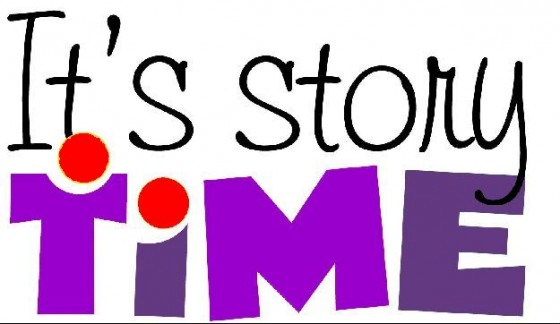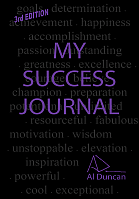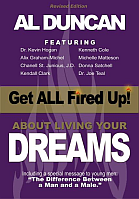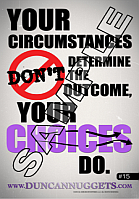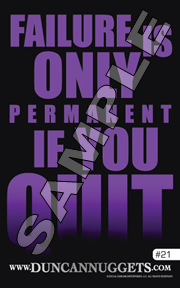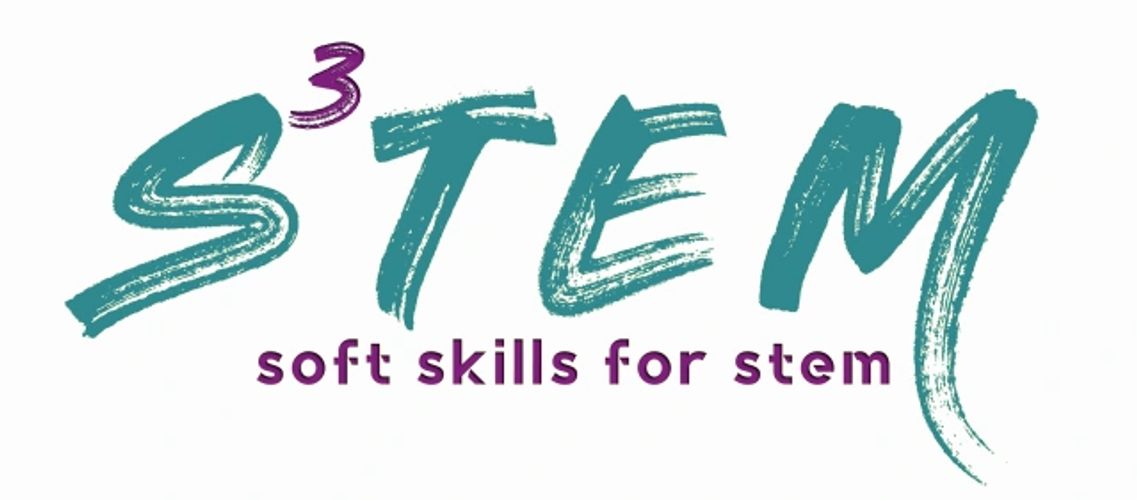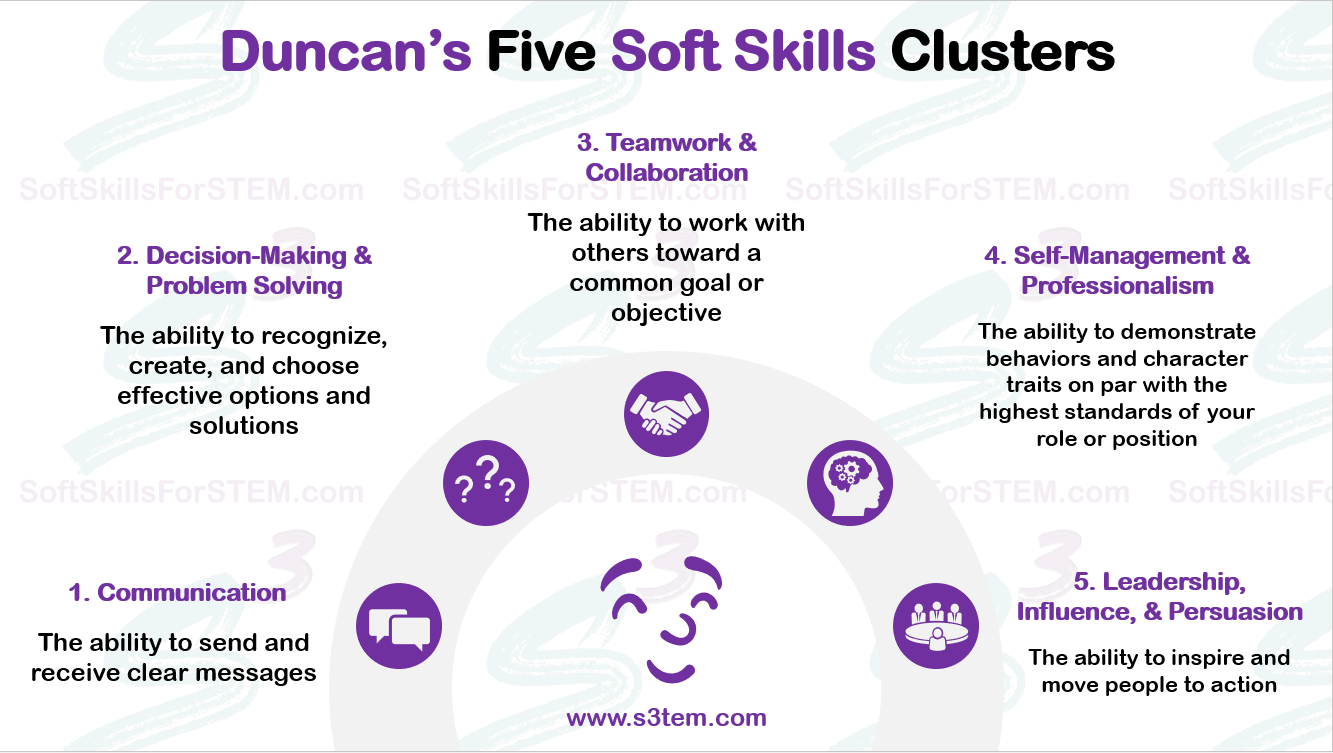[ACTIVITY] Q & A: The Benefits Of Individuality
What are the benefits of being an individual, as opposed to someone who just wants to be like everyone else? -Jennifer M., graduate student
NOTE: Be sure to check out the activity at the end of the article.
Asserting your individuality or promoting your personal brand will increase your sense of significance, as well as your perceived value in the marketplace, but asserting your individuality in the wrong way could be perceived as arrogance. Not good. There’s the short version of your answer. I could leave it at that but…that wouldn’t be much fun, would it?
- Topics: ActivitiesArticlesCharacter DevelopmentPersonal BrandingPersonal DevelopmentProfessionalQ&ASelf-Awareness & PurposeTeenYoung Adult
[VIDEO+ACTIVITY] Duncan Nugget® #84: Genuine Open-Mindedness
Is it just me or have you ever noticed that once somebody thinks something negative about a person or a group of people s/he can find all the evidence in the world to prove it, but none to refute it?
And once somebody thinks you can’t do or be something, s/he can find all the evidence in the world to prove that it’s impossible, but none to prove that it is possible.
Why?
Because genuine open-mindedness is a rare thing.
It’s common, however, for people to completely ignore (sometimes unintentionally) anything that challenges their beliefs. Even if it’s factual, people have a hard time dealing with information that contradicts what they think. Most people only seek information that validates what they want to think and believe.
Genuine open-mindedness is a master ability. It’s one of the keys to collaboration and teamwork.
Million-Dollar Question:
How open-minded are you?
- Topics: ActivitiesCharacter DevelopmentDuncan NuggetsPersonal DevelopmentProfessionalSelf-Awareness & PurposeSoft SkillsTeamwork/Collaboration SkillsTeenVideosYoung Adult
[VIDEO+ACTIVITY] Duncan Nugget® #256: Feeding Your Willpower
A judge, a criminologist, and a sociologist were on a parole board. In case you don’t know, a parole board decides whether or not a prisoner gets parole—time off of a prison sentence for good behavior.
Researchers studied this parole board during its day-long sessions and found out that prisoners who were seen right after lunch or a snack break had a 60% chance of getting parole. Prisoners who were seen right before lunch or a break only had a 20% chance of getting parole.
Why?!
It’s because willpower requires energy. The food you eat is turned into glucose-a pure, simple sugar that’s energy for your body.
If you have to take an exam, work on a big project, or make a tough decision—like deciding whether or not to release a criminal—feed your willpower. It’ll help you have more self-control and make better decisions.
Million-Dollar Question:
Have you been properly feeding your willpower?
- Topics: ActivitiesCharacter DevelopmentDecision Making/Problem SolvingDuncan NuggetsGrit, Perseverance, DiligencePersonal DevelopmentProfessionalTeenVideosYoung Adult
[VIDEO+ACTIVITY] Duncan Nugget® #211: The Deciding Factor
Exxon Mobile Corporation conducted a study that shows that price isn’t always the main deciding factor for choosing a gas station. It’s other things like cleanliness, brightness, and safety.
That’s interesting because it shows that…
When someone makes a decision about you and what you have to offer, many times the deciding factor isn’t what you think it is.
I’ve seen plenty of people get tripped up over this. If you are a parent, educator, or mentor whether or not someone heeds your advice is seldom based on common sense. The deciding factors are things like trust, respect, and authenticity.
When you’re in an interview, seldom are your GPA and technical knowledge the deciding factors. It’s often a matter of soft skills like leadership, communication, teamwork, and decision making.
Million-Dollar Question:
When making a choice about you
and what you have to offer,
what will be the deciding factor?
[ACTIVITY] Introduce Yourself The Easy Way: Your Personal Brand Statement

“So, tell me a little bit about yourself. What do you do?”
Have you ever had to respond to a statement or question like that? I’ve asked thousands of young people that question and the typical response I get starts off like this:
“Uhhhh…well…I uhhh…”
Not cool.
In interviews and networking situations, you will be expected to respond to questions about who you are and what you do. A personal brand statement—a brief summary about you—is a professional way to introduce yourself. If you create one and practice it, you can avoid being caught off guard.
Here are three simple steps for creating your personal brand statement:
How to Find a Mentor
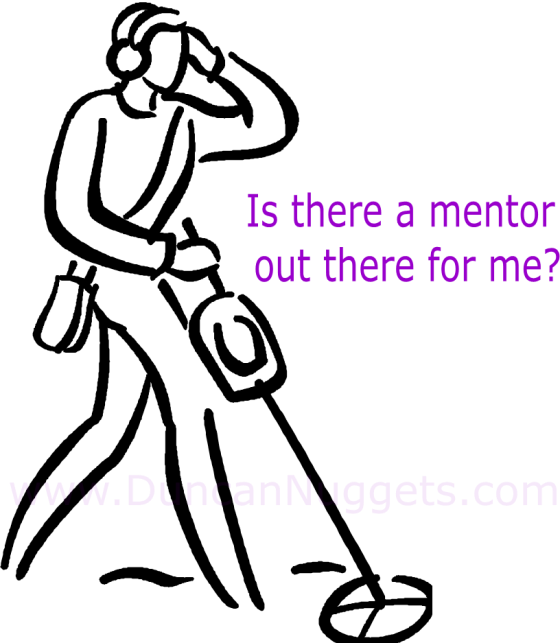
One of the most talked about components of success is: finding a great mentor. Well…while you’re looking for one be careful because all mentors are not created equal. Some are garbage. Believe me. I’ve had a few who were absolutely clueless. Thankfully, I realized that early, before any catastrophes occurred.
Million-Dollar Question:
Is having a mentor a necessity?
Yes, IF you can find a great one. Gaining the experience, wisdom, and expertise of other successful people is a must and having a credible, knowledgeable mentor is one of the best ways to do that.
If you don’t have one and if you don’t know anyone personally who would be a great mentor for you, you are about to learn a 5 step process that will help you out. Before we get into the five steps, know this:
How To Tell Your Story In Professional Settings
Over the last ten years or so, personal branding has become one of the “new”, hot and sexy topics in the world of personal development. (It’s one of my most requested topics.)
As people scurry all over the place looking for a competitive advantage in a crowded market place, personal branding experts and advice have been popping up everywhere.
Deliver value. Promote your uniqueness. Be consistent and authentic. Get yourname.com. Get a blog. Develop an online presence and please don’t post anything stupid online. Do those things and you’ll be able to develop a strong personal brand.
Is that really all there is to it? Eh..not quite. There’s something missing.

